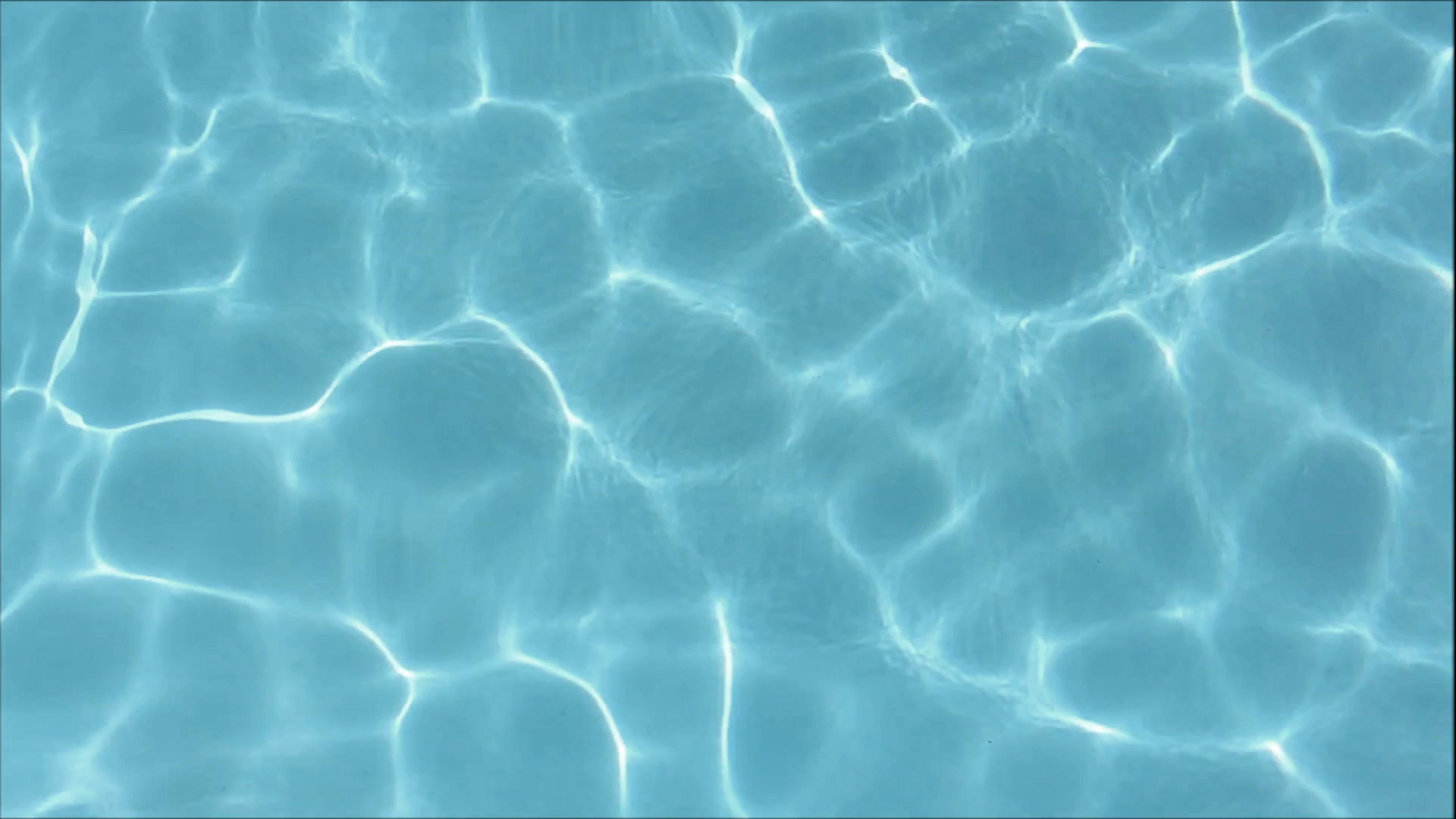Understanding Pool Chemistry: Balancing Chemicals for a Healthy Pool
- Tim Gray
- Jun 19, 2024
- 3 min read

Maintaining a clean and healthy pool is essential for the safety and enjoyment of all swimmers. Achieving this requires a good understanding of pool chemistry and the careful balancing of chemicals. Proper chemical balance ensures clear water, prevents algae growth, and protects pool equipment. Here’s a guide to help you understand pool chemistry and keep your pool in top condition:
1. The Basics of Pool Chemistry
Pool water chemistry involves several key factors that must be regularly monitored and adjusted:
pH Levels: Measure the acidity or alkalinity of the water. The ideal pH range is 7.2 to 7.6.
Total Alkalinity: Acts as a buffer for pH, helping to stabilize it. The ideal range is 80 to 120 ppm (parts per million).
Calcium Hardness: Measures the level of calcium in the water. The ideal range is 200 to 400 ppm.
Chlorine Levels: Disinfects the water, killing bacteria and algae. The ideal range is 1 to 3 ppm.
Cyanuric Acid: Protects chlorine from being broken down by sunlight. The ideal range is 30 to 50 ppm.
2. Testing Pool Water
Regular testing of your pool water is crucial to maintaining proper chemical balance. Use a reliable pool test kit or test strips to check the levels of pH, total alkalinity, calcium hardness, and chlorine. Testing should be done at least twice a week during the swimming season and once a week during the off-season.
3. Balancing pH Levels
Maintaining the correct pH level is essential for swimmer comfort and the effectiveness of chlorine. If the pH is too low (acidic), it can cause skin and eye irritation and corrode pool equipment. If the pH is too high (alkaline), it can lead to cloudy water and reduce chlorine efficiency.
To raise pH: Add a pH increaser, such as sodium carbonate (soda ash).
To lower pH: Add a pH decreaser, such as muriatic acid or sodium bisulfate.
4. Adjusting Total Alkalinity
Total alkalinity helps stabilize pH levels. If total alkalinity is too low, pH can fluctuate widely. If it’s too high, it can make adjusting pH difficult and cause scaling.
To raise total alkalinity: Add an alkalinity increaser, such as sodium bicarbonate (baking soda).
To lower total alkalinity: Add muriatic acid or sodium bisulfate.
5. Managing Calcium Hardness
Calcium hardness affects the water’s ability to maintain a stable pH and prevent corrosion. Low calcium levels can lead to etching of the pool surface, while high levels can cause scaling and cloudy water.
To raise calcium hardness: Add calcium chloride.
To lower calcium hardness: Partially drain the pool and refill with fresh water.
6. Maintaining Chlorine Levels
Chlorine is essential for disinfecting pool water and preventing algae growth. It’s important to maintain a consistent chlorine level to ensure the pool remains safe and clean.
To raise chlorine levels: Add chlorine tablets, granules, or liquid chlorine.
To lower chlorine levels: Allow sunlight to naturally dissipate chlorine or add a chlorine neutralizer.
7. Using Cyanuric Acid
Cyanuric acid helps protect chlorine from being broken down by the sun’s UV rays. Without it, chlorine levels can drop quickly, making it difficult to maintain proper sanitation.
To raise cyanuric acid: Add cyanuric acid or use stabilized chlorine products.
To lower cyanuric acid: Partially drain the pool and refill with fresh water.
8. Shocking the Pool
Shocking the pool involves adding a large dose of chlorine to eliminate bacteria, algae, and other contaminants. This should be done weekly or after heavy usage, storms, or noticeable water quality issues.
9. Regular Maintenance
Regular maintenance is key to keeping your pool chemistry balanced. This includes:
Brushing and Vacuuming: Prevents algae buildup and keeps the pool clean.
Cleaning Filters: Ensures proper water circulation and filtration.
Monitoring Water Levels: Maintains optimal water levels for effective skimming and circulation.
10. Seek Professional Help
If you’re unsure about maintaining your pool’s chemistry or encounter persistent issues, don’t hesitate to seek professional help. A pool service professional can provide expert advice, regular maintenance, and chemical balancing to keep your pool in pristine condition.
Balancing pool chemicals is essential for a healthy and enjoyable swimming experience. By regularly testing and adjusting your pool’s chemical levels, you can ensure clear, safe, and inviting water all season long. At Swimming Pool Solutions, we offer professional pool maintenance and chemical balancing services to help you achieve the perfect pool environment. Contact us today to learn more!





Comments